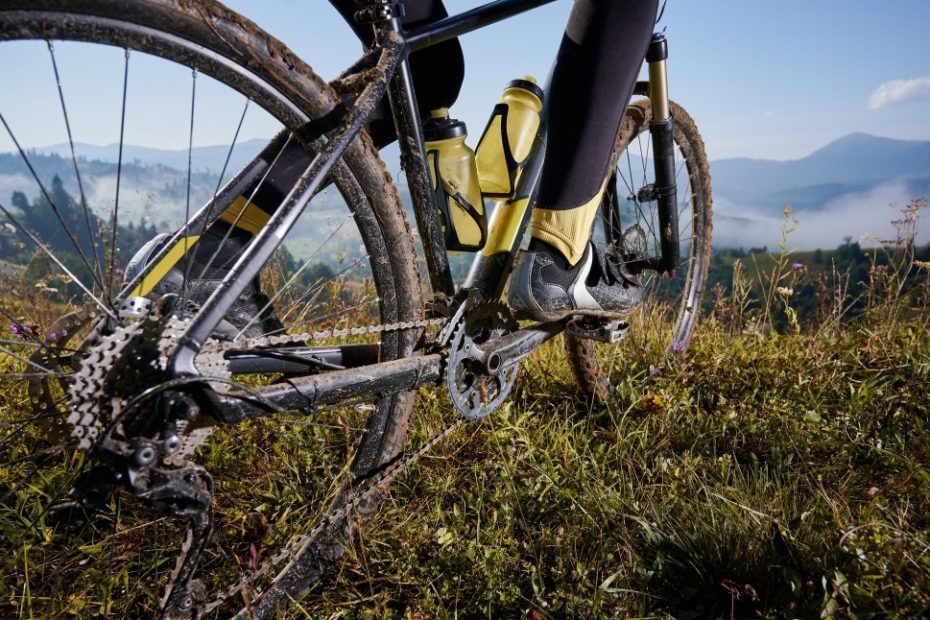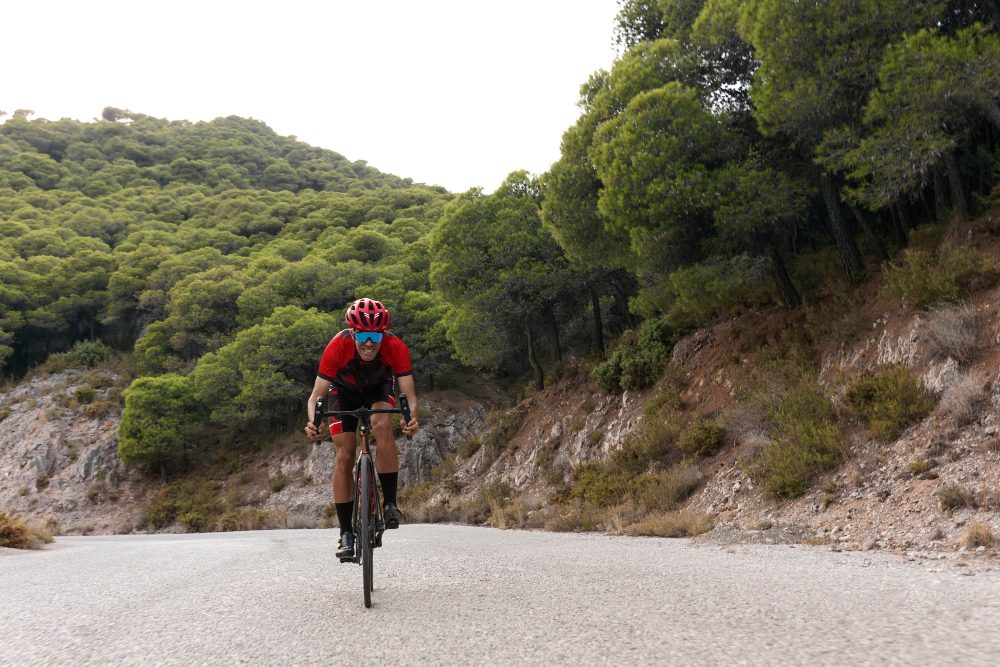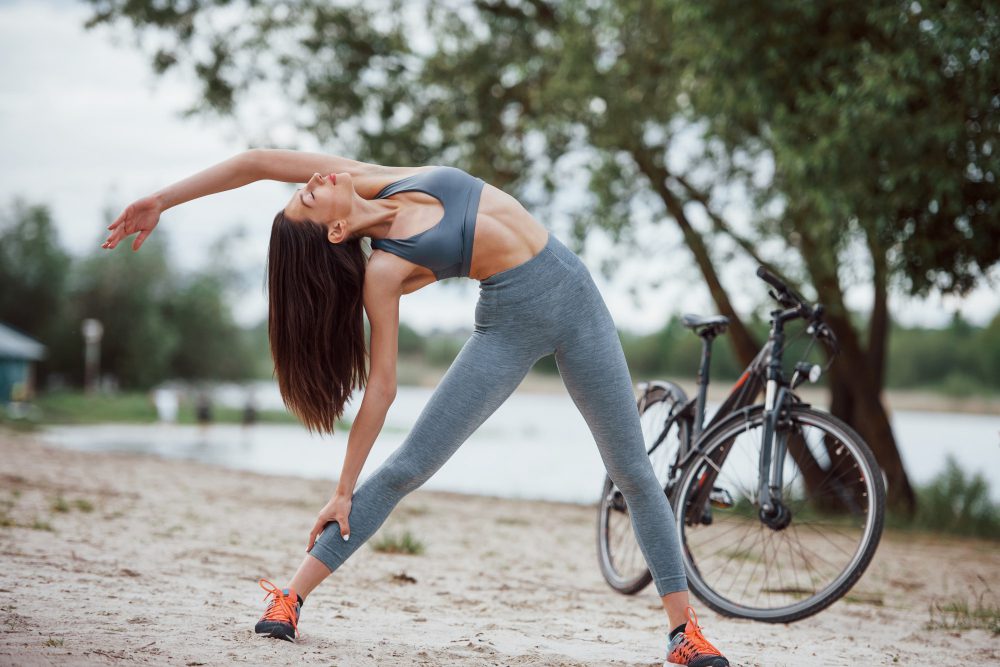Should I drink water before cycling?
Cycling is an excellent form of exercise that offers numerous health benefits. Whether you are a seasoned cyclist or just starting out, staying hydrated is crucial for maintaining your performance and overall well-being. One common question that often arises is whether it is necessary to drink water before cycling. In this article, we will explore the importance of pre-ride hydration and provide some guidelines to help you make informed decisions about your fluid intake before hopping on your bike.
The importance of pre-ride hydration
Proper hydration plays a vital role in optimizing your performance and reducing the risk of dehydration-related issues during cycling. When you exercise, especially in warm weather, your body loses fluids through sweat, leading to dehydration. Starting your ride already dehydrated can negatively impact your endurance, stamina, and overall enjoyment of the activity.
According to sports nutrition experts, drinking water before cycling is essential to ensure that your body is adequately hydrated before you start pedaling. By pre-hydrating, you can help prevent the undesirable effects of dehydration and maintain optimal physical and mental function throughout your ride.
How much water should you drink?
The amount of water you should drink before cycling depends on various factors, including the duration and intensity of your ride, weather conditions, and your individual hydration needs. The general recommendation is to drink between 16 and 20 ounces (approximately 473 to 591 milliliters) of water at least two hours before your cycling session.
Please note that these guidelines are approximate, and individual requirements may vary. It is important to listen to your body’s signals and adjust your fluid intake accordingly. If you are cycling for longer durations or in hot and humid conditions, you may need to consume more water to compensate for increased sweating and fluid loss.
Signs of dehydration
To gauge if you are adequately hydrated before cycling, look out for common signs of dehydration such as:
- Feeling thirsty
- Dry mouth or throat
- Dark-colored urine
- Headaches
- Fatigue
If you experience any of these symptoms, it is crucial to rehydrate before starting your cycling session.
Hydration strategies
Aside from drinking water before your ride, there are additional hydration strategies that can help optimize your performance. Consider the following:
- Stay hydrated throughout the day: It is important to maintain good hydration levels in general, not just before cycling. Aim to drink water regularly throughout the day to ensure your body is adequately hydrated.
- Monitor your fluid intake: Keep track of how much water you consume before, during, and after your cycling session. This will help you understand your individual hydration needs and adjust accordingly.
- Carry water with you: During longer rides, it is essential to have access to fluids to avoid dehydration. Use a water bottle cage or hydration pack to carry water with you on your bike.
- Consider electrolyte replenishment: If you engage in intense or prolonged cycling sessions, consider adding electrolyte-rich sports drinks or supplements to replenish lost minerals and enhance hydration.
“Proper hydration before cycling is like putting fuel in your car before a long journey. It sets the foundation for an enjoyable and successful ride.”
Remember, the key to staying hydrated is to be proactive rather than reactive. Pre-hydrating before cycling and maintaining good fluid intake throughout your ride will help you perform at your best and minimize the risk of dehydration-related issues.
In conclusion, drinking water before cycling is highly recommended to ensure proper hydration and optimize your performance on the bike. By understanding your individual needs, monitoring your fluid intake, and recognizing signs of dehydration, you can enjoy your cycling experience while keeping your body fueled and hydrated.
Should I drink coffee before cycling?
One common debate among cyclists is whether or not to consume coffee before hitting the road. Coffee is a popular beverage known for its ability to provide an energy boost, but is it beneficial for cycling?
The Benefits of Drinking Coffee
Drinking coffee before cycling can have several potential benefits. First and foremost, caffeine found in coffee stimulates the central nervous system, providing increased alertness and focus. This can be particularly beneficial for early morning rides or long-distance cycling.
Moreover, coffee has been shown to improve endurance performance. Studies have indicated that caffeine ingestion can lead to increased fat oxidation, delaying muscle fatigue and improving overall performance. It may also reduce the perception of effort, making the ride feel easier.
Potential Drawbacks
While coffee offers some benefits, there are a few drawbacks to consider. The diuretic properties of caffeine can increase urine production and potentially lead to dehydration, which is detrimental during exercise. It’s important to maintain proper hydration by consuming water alongside coffee.
Caffeine may also have a stimulant effect on the digestive system, causing gastrointestinal distress for some individuals. It is advisable to test coffee consumption before a training session or race to see how your body reacts.
The Verdict
Ultimately, the decision to drink coffee before cycling comes down to personal preference and individual tolerance. If you enjoy the taste and find that it enhances your performance without negative side effects, then having a cup or two before your ride may be beneficial.
Remember: Always listen to your body and pay attention to how it responds to coffee or any other form of caffeinated beverage.
If you do choose to indulge in coffee before cycling, it’s important to moderate your consumption. Excessive caffeine intake can lead to jitters, increased heart rate, and disrupted sleep patterns.
Tips for Coffee Consumption
- Limit your caffeine intake to a moderate amount, around 1-2 cups before cycling.
- Avoid adding excessive sugar or cream to prevent potential digestive issues.
- Ensure you stay hydrated by drinking water alongside or after your coffee.
In conclusion, drinking coffee before cycling can have its benefits, but it’s essential to find what works best for your body. Experiment with different strategies and listen to how your body responds to optimize your performance on the bike.
| Caffeine Intake | Suggested Amount |
|---|---|
| Low | Less than 100 mg |
| Moderate | 100-200 mg |
| High | More than 200 mg |



